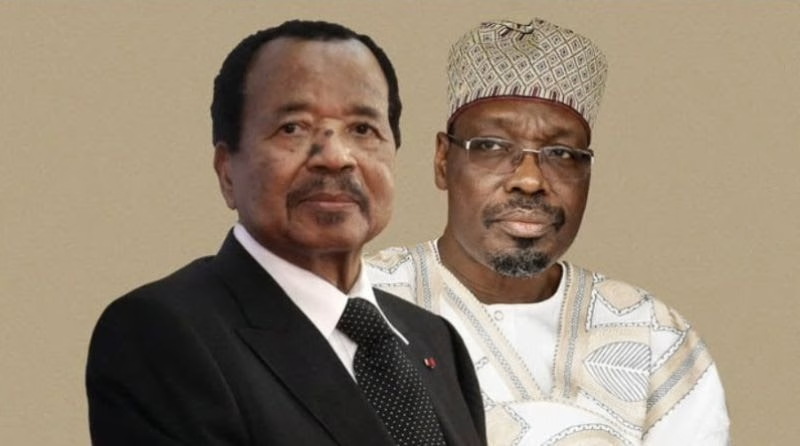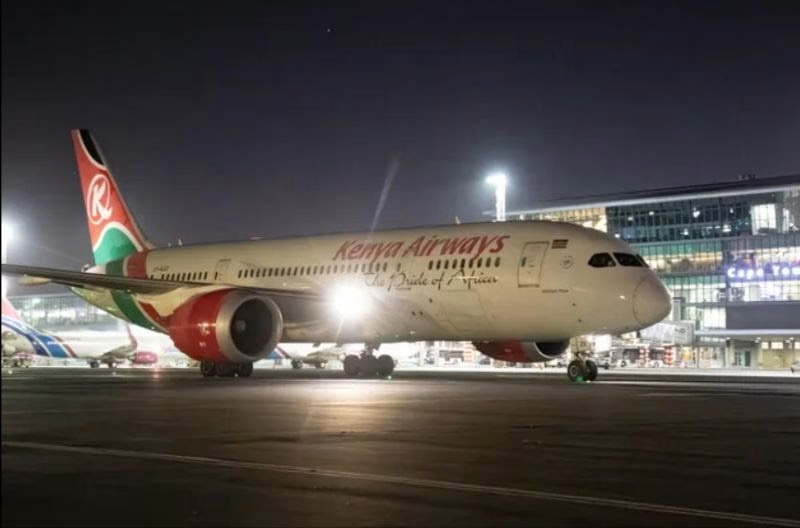For African states, it is important that they be reminded of the legacies of African leadership in nuclear disarmament so that they can more readily identify with this recent victory, and actively support its implementation going forward. For nuclear weapons states, it is important that the African story is told, as it offers a stark warning about the fundamental dangers of nuclear weapons possession. African leadership in nuclear disarmament is not really spoken of, as the nuclear debate is seen as a mostly western issue. In historical accounts, we only talk about Africa as a victim of nuclear tests, such as those carried out by France in the Western Sahara in the 1960s. The same is true in contemporary accounts, where we only speak of Africa as a mere appendage to the international community’s support for nuclear disarmament. Both of these narratives do not reflect the true scope of African engagement with the nuclear conversation. By continuing to view Africans as victims and supplicants in this field, instead of as dynamic and thoughtful agents, we suppress a story punctuated by discourses on rights, liability, morality, and legal obligations that have shaped contemporary practices of weapons control. Africa provided two distinct schools of thought concerning nuclear weapons that made the explicit connection between nuclear weapons, imperialism and racism. Led by Africans and African Americans, the 1958 conference of independent African states held in Ghana was one of the first instances where state delegates and civil society representatives deliberated on an intersectional approach to nuclear weapons disarmament. They combined movements supporting anticolonialism, non-alignment, and nuclear disarmament in ways that subsequently frustrated colonial powers’ ability to conduct nuclear tests on African soil.
SOURCE: AL JAZEERA











